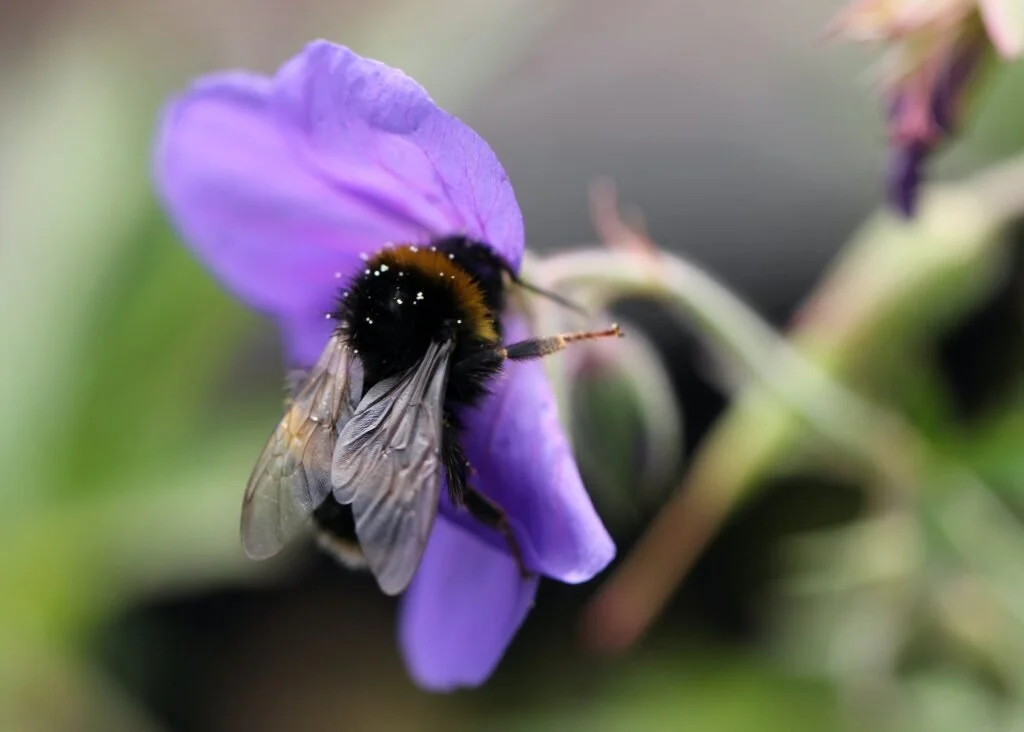Health Canada is currently reviewing regulations for pesticides in Canada, and three UBC researchers say regulators might want to consider what happened in Japan. A lake in Shimane Prefecture has seen its commercial fishery collapse by more than 90 per cent since 1993, when insecticides known as neonicotinoids were first introduced to the area. It just so happens that zooplankton—the tiny creatures in the water that fish feed on—declined by 83 per cent during the same period.
Road Salt Pollution Levels Deemed Safe in U.S. and Canada May Not Protect Freshwater Ecosystems Enough
Using salt to clear icy roads may be an effective winter safety measure, but excess salty meltwater can wreak havoc on freshwater ecosystems and drinking water resources. In a new study, researchers show current water quality guidelines in North America and Europe are not enough to prevent dangerous levels of salinization. The findings were published last month in the Proceedings of the National Academy of Sciences.
RESEARCH FINDS SALTING ROADS IMPACTS DRINKING WATER
William Hintz, an assistant professor in the University of Toledo’s Department of Environmental Sciences, recently researched the deicing salt Americans use for roads and its relation to the survival of freshwater ecosystems. The findings were published in the journal Proceedings of the National Academy of Sciences. According to the research, the buildup of salt (especially in freshwater ecosystems), which come from humans’ agricultural and mining activities, deicing salt operations, and more, impacts freshwater systems, reported Inverse News. Humans are dependent on freshwater ecosystems for drinking water. The Great Lakes on the Canada-U.S. border provide drinking water for more than 40 million Americans, reported Inverse News.




